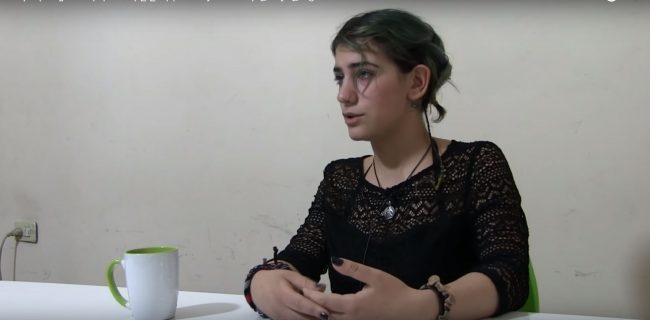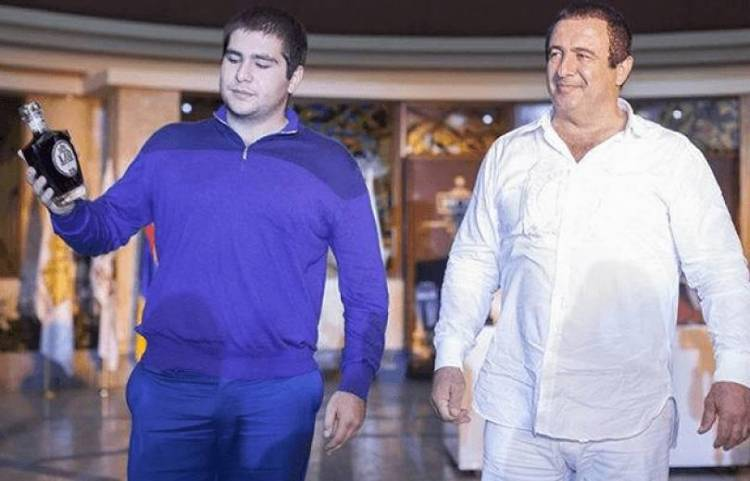
 An Armenian citizen has claimed that police in Stepanakert ‘psychologically and physically abused’ her during multiple ‘illegal detentions’ in Stepanakert, allegedly because she smoked and because of the way she looked.
An Armenian citizen has claimed that police in Stepanakert ‘psychologically and physically abused’ her during multiple ‘illegal detentions’ in Stepanakert, allegedly because she smoked and because of the way she looked.
According to Armenian news site Epress, Asya Khachatryan, who moved to Stepanakert in early 2018, ‘suffered physical and psychological abuse’ at the hands of the Stepanakert police in early February.
In a 22-minute interview with Epress, Khachatryan describes one of numerous ‘forced detentions’, in which a number of officers cursed at, threatened her, and slapped her in the face.
Khachatryan said when she told the police that their actions were illegal, officers told her to ‘go look for laws in Armenia’.
When asked to explain their behaviour, officers told her that ‘a woman should not smoke or dye her hair blue’, Epress quoted Khachatryan as saying.
In early 2016, reports emerged that police in Nagorno-Karabakh had ordered several barber shops not to provide ‘trendy’ haircuts to teenagers, to ‘prevent them turning gay’, according to Gay Armenia, a popular blog on queer rights in Armenia.
Accusations against the public defender
Khachatryan also accused Nagorno-Karabakh’s Public Defender, Ruben Melikyan, of offering to ‘deal with the issue in a private manner’.
The Public Defender’s Office issued a statement in the early hours of Tuesday refuting the allegation, and saying Khachatryan’s claims were ‘only partially accurate’.
‘Mr. Melikyan clearly explained to Ms. Khachatryan [via phone] all the effective legal remedies available. Furthermore, he has stated that he stands ready to pursue them all’, the statement read. The Public Defender’s Office said that despite Khachatryan promising to submit a ‘formal written account of the incident’, they have not received any such complaint.
Melikyan also denied on Twitter that he had offered to solve the issue privately.
The statement said ‘if the statements made by A. Khachatryan are corroborated to be true, then the behavior of the [Nagorno-Karabakh] Police Force is unacceptable and they should be held responsible to the fullest extent envisaged by law’.
The Public Defender’s Office promised to ‘follow developments closely’, adding that they remain ‘committed to the protection and strengthening of fundamental human rights as their primary mission’.
In the latest edition of American rights group Freedom House’s Freedom in the World report, Nagorno-Karabakh was ranked as ‘partly free’. On a scale from 0 to 100, with 0 being least free and 100 most free, it scored 30, falling by three points in comparison to the previous report.
For ease of reading, we choose not to use qualifiers such as ‘de facto’, ‘unrecognised’, or ‘partially recognised’ when discussing institutions or political positions within Abkhazia, Nagorno-Karabakh, and South Ossetia. This does not imply a position on their status.




 27 March 2018
27 March 2018


